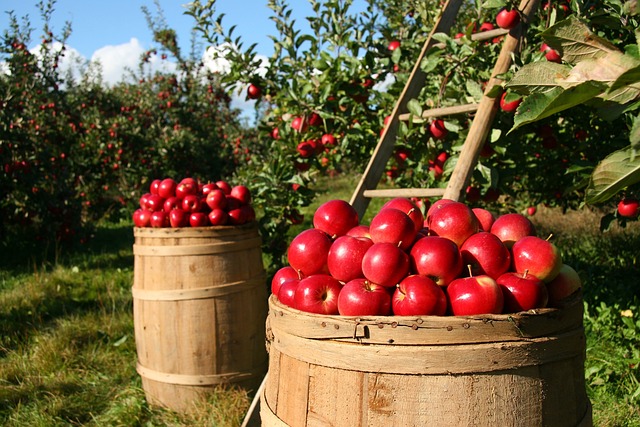Unlocking the Fountain of Youth: Can Probiotics Slow Down Aging?
Aging is a natural process that everyone goes through. As we age, our bodies undergo various changes, both internally and externally. While some changes are inevitable, modern science has been exploring ways to slow down the aging process and keep us looking and feeling youthful for longer.
The Science Behind Aging
Before we delve into the potential benefits of probiotics in slowing down aging, it’s important to understand the science behind the aging process. Aging is a complex phenomenon influenced by a combination of genetic, environmental, and lifestyle factors. It involves the gradual deterioration of cells, tissues, and organs, leading to a decline in their proper functioning.
Probiotics and Aging
Probiotics are live bacteria and yeasts that provide various health benefits when consumed in adequate amounts. They are commonly known for their positive effects on gut health and digestion. However, recent studies have suggested that probiotics may also play a role in slowing down the aging process.
Gut Health and Aging
Our gut health plays a crucial role in overall well-being and can impact the aging process. As we age, the diversity and number of beneficial bacteria in our gut tend to decline. This imbalance in gut microbiota, known as dysbiosis, may contribute to age-related health issues such as weakened immune function, increased inflammation, and impaired nutrient absorption.
Probiotics can help restore the balance of gut microbiota by introducing beneficial bacteria into the system. By promoting a healthy gut environment, probiotics may aid in reducing inflammation, enhancing nutrient absorption, and boosting immune function, potentially slowing down the aging process.
Antioxidant and Anti-Inflammatory Effects
Several strains of probiotics have been found to possess antioxidant and anti-inflammatory properties. Oxidative stress and chronic inflammation are two key factors that contribute to aging at the cellular level. By reducing oxidative stress and inflammation, probiotics may help protect against age-related damage to cells and tissues.
Furthermore, probiotics can stimulate the production of short-chain fatty acids (SCFAs), which are known for their anti-inflammatory effects. SCFAs play a role in maintaining a healthy gut barrier, reducing inflammation, and promoting overall well-being.
Improvement in Skin Health
As we age, our skin undergoes visible changes such as wrinkles, dryness, and loss of elasticity. Probiotics may offer benefits for skin health by improving hydration, reducing inflammation, and supporting the production of collagen and elastin, proteins responsible for maintaining skin’s structure.
Some studies have shown that certain probiotic strains can help reduce acne, eczema, and other skin conditions, further emphasizing their potential in promoting youthful-looking skin.
Conclusion
While more research is needed to fully understand the impact of probiotics on aging, the existing evidence suggests a potential role in slowing down the aging process. By promoting gut health, reducing oxidative stress and inflammation, and improving skin health, probiotics offer a multi-faceted approach towards maintaining a more youthful appearance and overall well-being.
Incorporating probiotic-rich foods such as yogurt, kefir, sauerkraut, and kimchi into your diet, or taking probiotic supplements, may help support a healthy gut microbiota and potentially unlock the fountain of youth.







